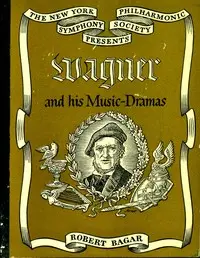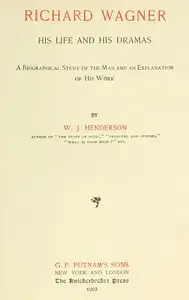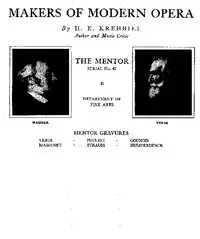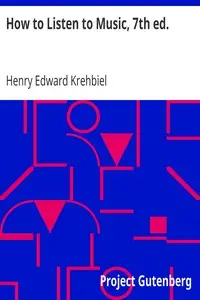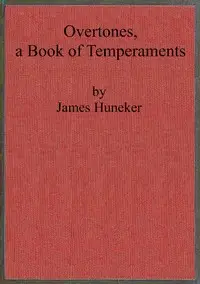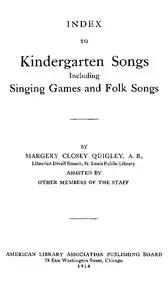"Studies in the Wagnerian Drama" by Henry Edward Krehbiel is a look into the operatic creations of Richard Wagner from the perspective of the late 1800s. The book highlights Wagner's creative methods in drama, stressing how music, writing, and art all depend on each other to make a completely new kind of artistic expression. The author writes about the things that inspired Wagner, such as Greek theater and Italian opera, and how these inspirations helped Wagner come up with his idea of what modern opera could be. The text starts by preparing the reader for a detailed analysis of Wagner's ways of thinking and his beliefs about drama and music. Krehbiel presents Wagner as someone who greatly changed the opera form, saying that his works try to bring together different artistic pieces to make the drama even better. The main idea is Wagner's concept of "The Art-work of the Future," which tries to make opera better by combining music and storytelling and it shows how Wagner's dramas convey serious ethical and emotional messages, encouraging readers to rethink how important music is in telling stories.
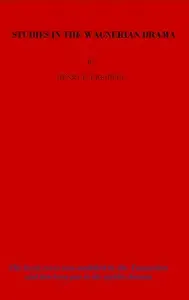
Studies in the Wagnerian Drama
By Henry Edward Krehbiel
A 19th century author dissects a composer's operas showing how music and drama combine to build a new art form.
Summary
About the AuthorHenry Edward Krehbiel was an American music critic and musicologist who was the chief music critic of The New York Tribune for more than forty years. Along with his contemporaries Richard Aldrich, Henry Theophilus Finck, W.J. Henderson and James Huneker, Krehbiel is considered part of the 'Old Guard', a group of leading New York–based music critics who first established a uniquely American school of criticism. A critic with a strong bend towards empiricism, he frequently sought out first hand experiences, accounts and primary sources when writing; drawing his own conclusions rather than looking to what other writers had already written. A meliorist, Krehbiel believed that the role of criticism was largely to support music that uplifted the human spirit and intellect, and that criticism should serve not only as a means of taste making but also as a mode to educate the public. His book How to Listen to Music was widely used as an instructional guide by the music consuming public in the United States during the last years of the 19th century and first several decades of the 20th century.
Henry Edward Krehbiel was an American music critic and musicologist who was the chief music critic of The New York Tribune for more than forty years. Along with his contemporaries Richard Aldrich, Henry Theophilus Finck, W.J. Henderson and James Huneker, Krehbiel is considered part of the 'Old Guard', a group of leading New York–based music critics who first established a uniquely American school of criticism. A critic with a strong bend towards empiricism, he frequently sought out first hand experiences, accounts and primary sources when writing; drawing his own conclusions rather than looking to what other writers had already written. A meliorist, Krehbiel believed that the role of criticism was largely to support music that uplifted the human spirit and intellect, and that criticism should serve not only as a means of taste making but also as a mode to educate the public. His book How to Listen to Music was widely used as an instructional guide by the music consuming public in the United States during the last years of the 19th century and first several decades of the 20th century.





